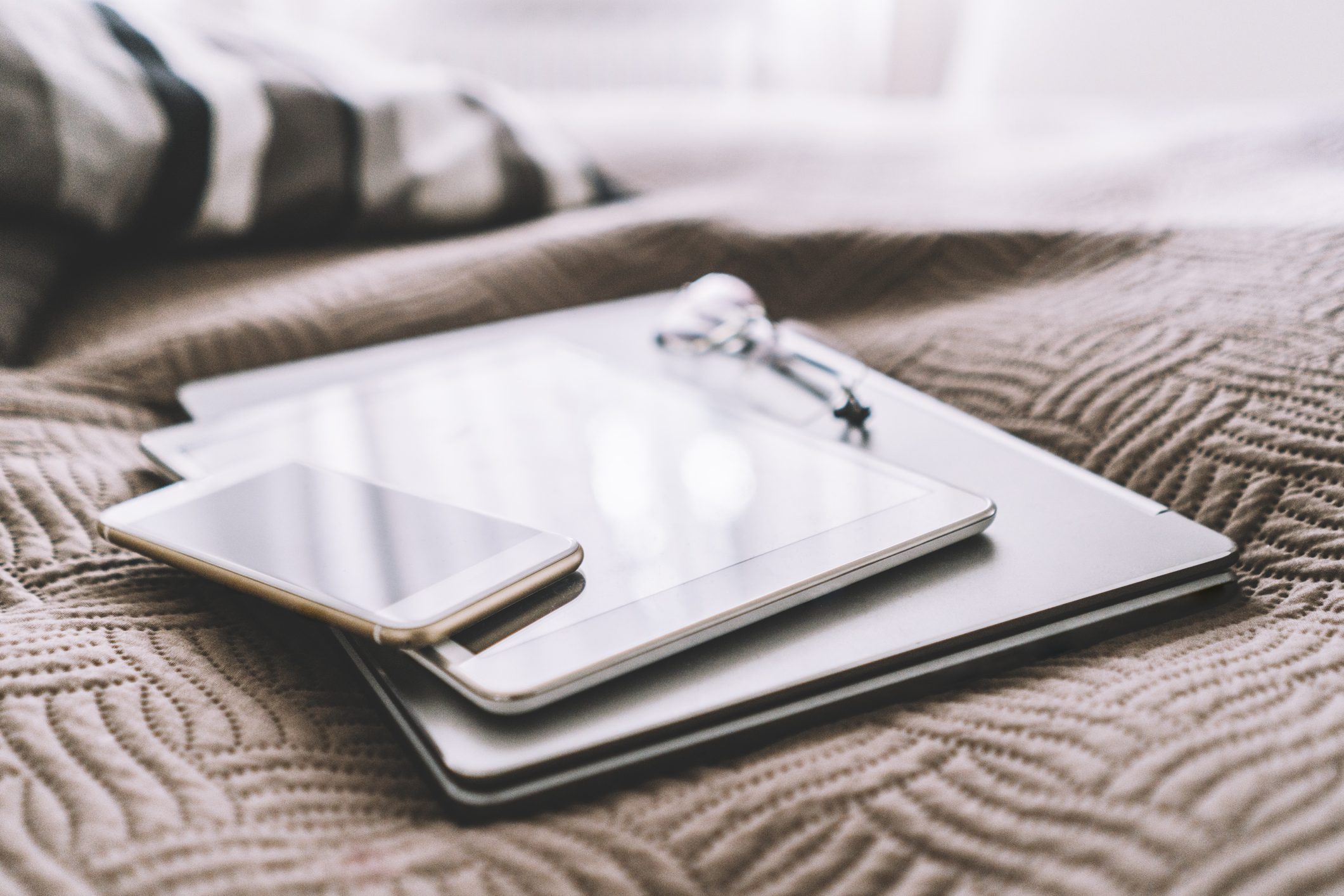- “Digital decluttering” means taking a break from technology in order to re-evaluate your tech habits and make permanent changes.
- That’s according to Cal Newport, author of “Digital Minimalism.”
- Newport says “digital detoxes” aren’t as effective because you simply go cold turkey on tech and jump right back in.
By now it’s almost cliché to proclaim that you’re “addicted” to your smartphone and need a break.
But if you’re thinking about embarking on a “digital detox,” think again. “Digital detox” is a popular term for going a limited period of time without your phone, your computer, your iPad — you get the picture — in an effort to recharge your mental batteries and reconnect with the people and activities that you truly value.
As CNN’s Jeanne Sahadi recently reported, high-powered executives are increasingly flocking to digital-technology-free retreats, where they can spend time outdoors, work out, and meditate.
In his new book, “Digital Minimalism,” Georgetown University computer science professor Cal Newport explains why these digital detoxes are missing the mark in aiming to treat an obsession with tech. Much like Newport’s previous book, “Deep Work,” the new book makes the case for reducing daily distractions so you have time and attention to work on stuff that matters.
As an alternative to the digital detox, Newport proposes a process he calls “digital decluttering.” Here’s how it works: You designate 30 days to take a break from optional technologies in your life; you use that time to explore and rediscover activities you find meaningful; at the end of the break, you reintroduce optional technologies one by one, carefully evaluating what value it brings and how you’ll use it going forward.
The difference between detoxing and decluttering is that you don’t go cold turkey on tech only to jump right back in; instead, you use the break as a launching point for changing your relationship to tech — permanently.
Think of applying Marie Kondo’s approach to home organization to digital technology. You don’t simply get rid of things and straighten up your home only to fill and mess it up tomorrow; you’re constantly reminding yourself to consider which objects “spark joy.”
Through decluttering, you might learn how over-reliant you are on digital technology
In December 2017, Newport invited people to try digital decluttering and, he writes, over 1,600 signed up. The New York Times published an article about Newport’s experiment, noting that most people who participated said they’d developed new hobbies like painting and writing.
In the book, Newport writes, “People were surprised to learn the degree to which their digital lives had become cluttered with reflexive behaviors and compulsive tics.”
Newport advises prospective digital declutter-ers to replace digital technology use with other activities, in advance of the experiment, or risk descending into anxiety and boredom.
He adds, “You want to arrive at the end of the declutter having rediscovered the type of activities that generate real satisfaction, enabling you to confidently craft a better life — one in which technology serves only a supporting role for more meaningful ends.”
Originally published on Business Insider.
More from Business Insider:
9 things productive people do before noon
Follow us here and subscribe here for all the latest news on how you can keep Thriving.
Stay up to date or catch-up on all our podcasts with Arianna Huffington here.


